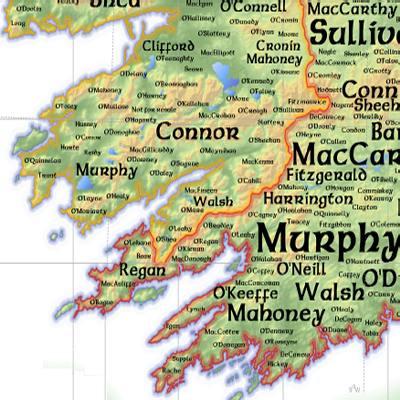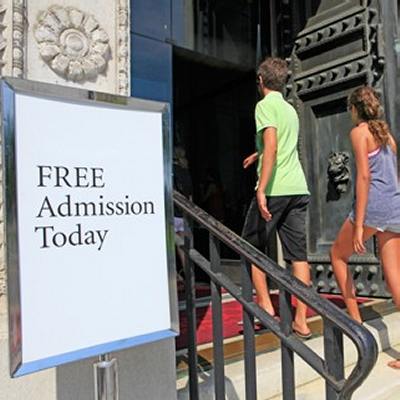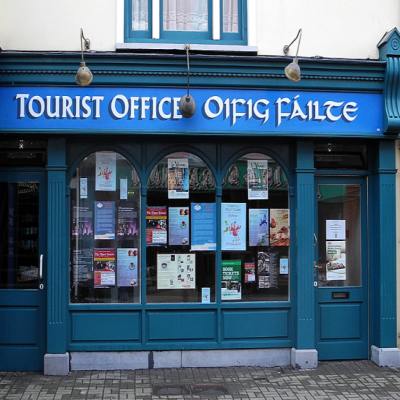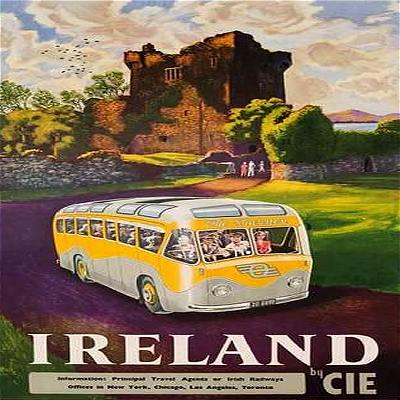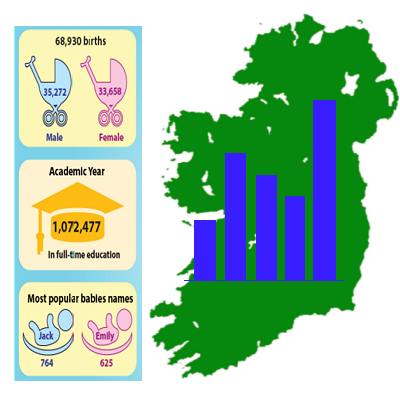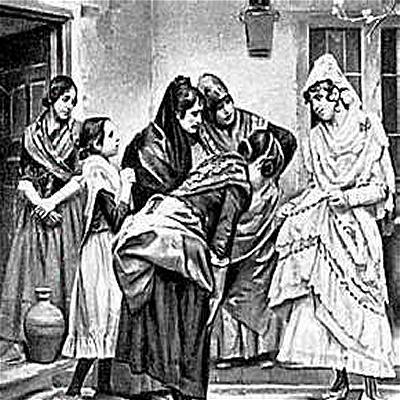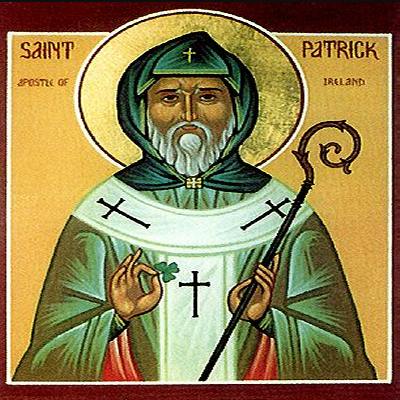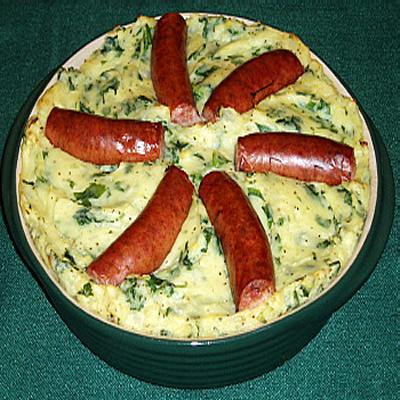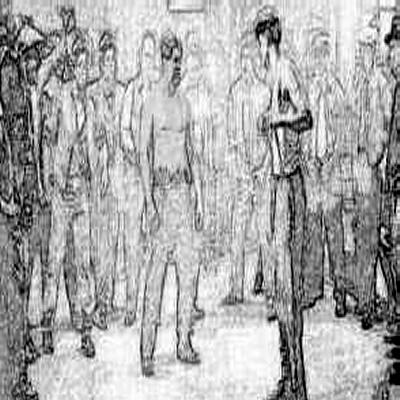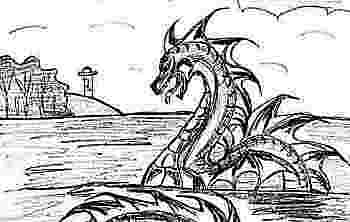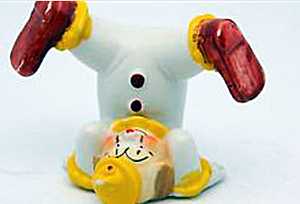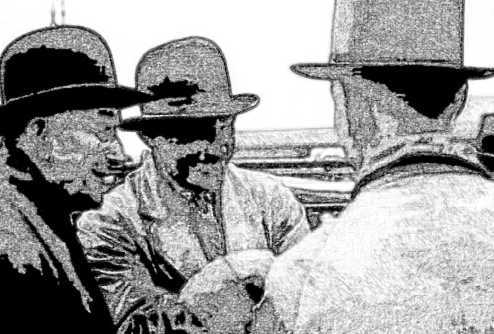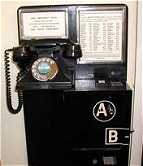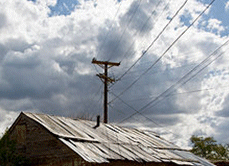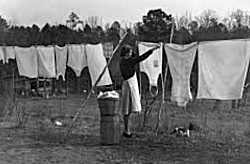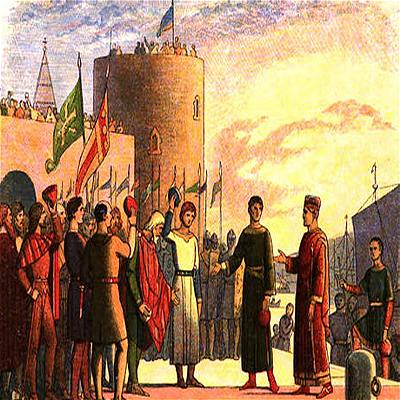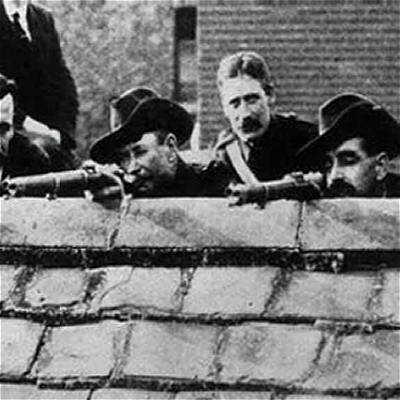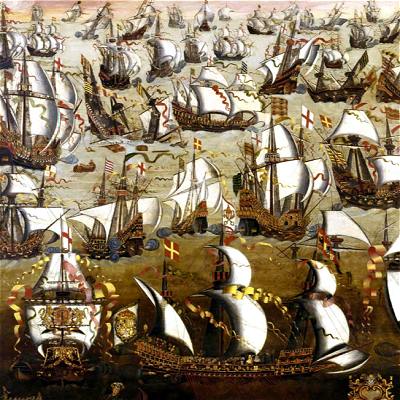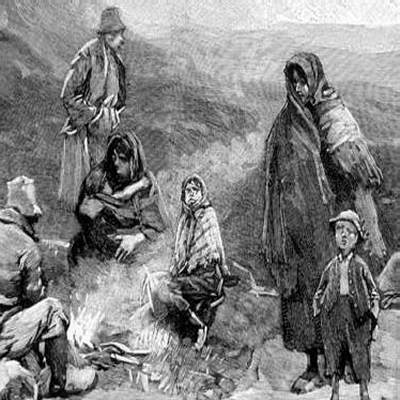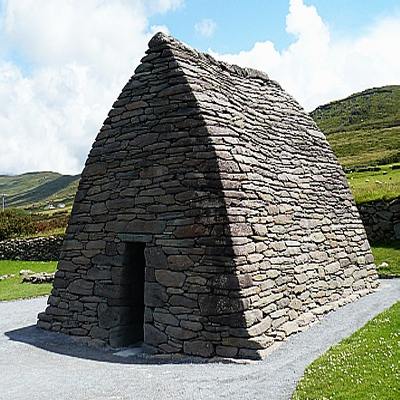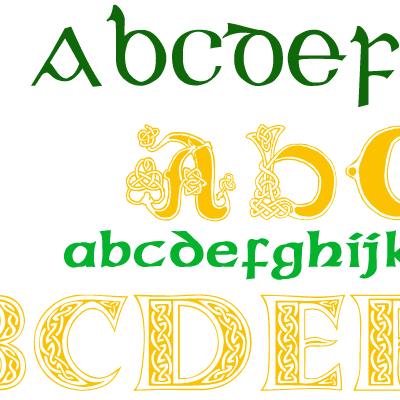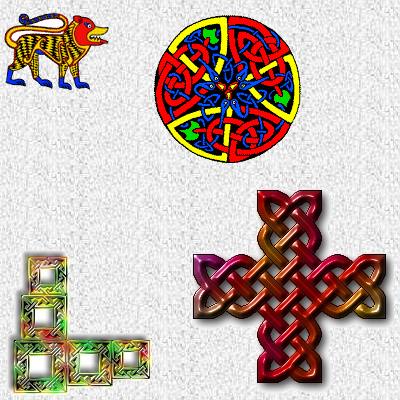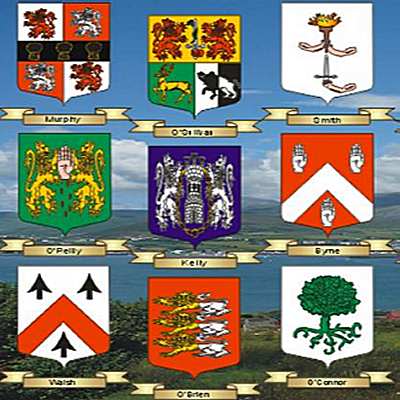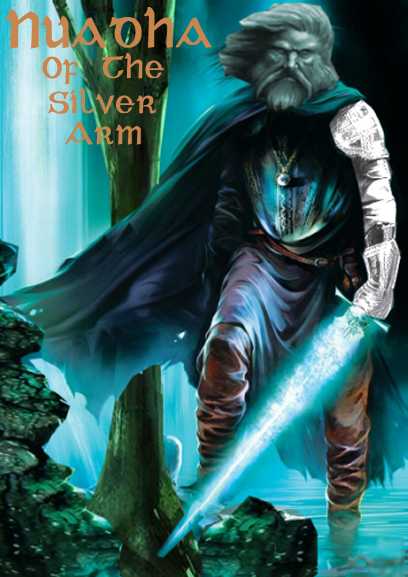
also known as Nuadhu, Nuadu, Nuada, Nechtan, Elcmar
The fabulous character known as 'Nuadha of the Silver Arm' was the King of the Tuatha Dé Danann before they invaded Ireland.
He was possessed of the mighty sword of Nuadha (also known as Nuadhu and Nuada). No one ever escaped from the sword once it was drawn from its sheath, and no one could resist its power. The sword was one of the four special gifts the Tuatha brought to Ireland with them, the others being the Spear of Lugh, the Stone of Fál and the Cauldron of the Dagda.
His army defeated the Firbolgs at the first Battle of Moytura, but he lost his arm in the battle with the Firbolg Streng and therefore lost his Kingship, as there was a long-standing tradition that the King of the Tuatha Dé Danann must be perfect in every way and to be physically harmed was seen as great detriment.
Nuadha had asked Sreang to tie up his own right arm to continue with the combat in a fair way but Sreng refused. The Tuatha Dé Danann intervened and offered the province of Connaught to Sreng to save their beloved Nuadha and in so doing the Firbolg continued to survive after the battles, although their influence greatly waned.
Nuadha's physician, Dian Céacht, who was the 'God of Healing' to the Tuatha Dé Danann, magically fashioned him a silver arm and from that time he became known as 'Nuadha of the Silver Arm'. Nuadha's injury presented a great dilemma to the Tuath Dé Danann as they could not allow an injured man to lead them and so it was that 'Breas the Beautiful' became their leader.
Breas was a Fomorian and was to be an unjust King. The Fomorians were regarded as ancient enemies of the original peoples of Ireland. Breas married Brigid of the Tuatha Dé Danann in an attempt to unite the two tribes but continued to favour his own kind. He imposed harsh taxes on the Tuatha Dé Dannan and was know for his lack of hospitality, a grave misstep in the Ireland of old.
After visiting his house the Tuatha Dé Dannan complained that 'their knives were never greased and their breaths did not smell of ale'!
But Dian Céacht was not finished yet. After seven years of the reign of Breas, Dian Céacht had not stopped trying to heal Nuadha. Eventually it was his son Miach and daughter Airmed who replaced the silver arm with a real arm of flesh and bone, much to the jealous disgust of their father.
Breas was deposed as leader and Nuadha was restored as King, ruling for a further twenty years. Breas was outraged and enlisted the help of 'Balor of the Evil Eye' to impose whatever harshness they could on the Tuatha Dé Danann. By the time the youthful and powerful Lugh had arrived within their ranks Nuadha realized that it was Lugh who could lead them to victory over the Fomorians.
Incredibly he stepped down as King to allow Lugh assume authority and so the second battle of Moytura ensued.
Nuadha was killed by Balor of the Evil Eye but Lugh avenged him and slay Balor, leading the Tuatha Dé Dannan to final victory over the Fomorians.
Nuadha had been a wonderful leader to the Tuatha Dé Danann. His voluntary abdication of his throne in favour of Lugh indicates the degree to which Nuadha regarded his people as being more important than his own Kingship and ambition. A very useful lesson for modern times.
Such was the influence of Nuadha that his presence is still found in Ireland today. The College town of Maynooth in County Kildare is named for him (Maynooth is 'Maigh Nuad' in Gaelic, meaning 'the plain of Nuadha').

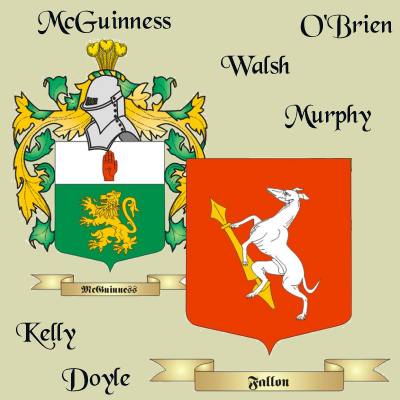 Your Family Crest
Your Family Crest
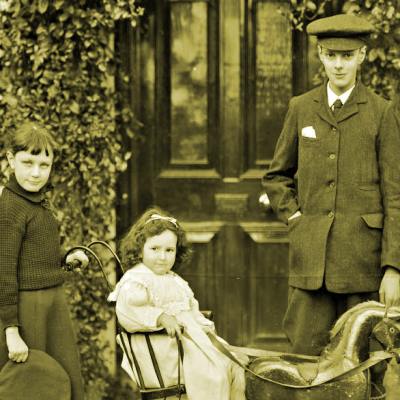 Irish Roots Search
Irish Roots Search